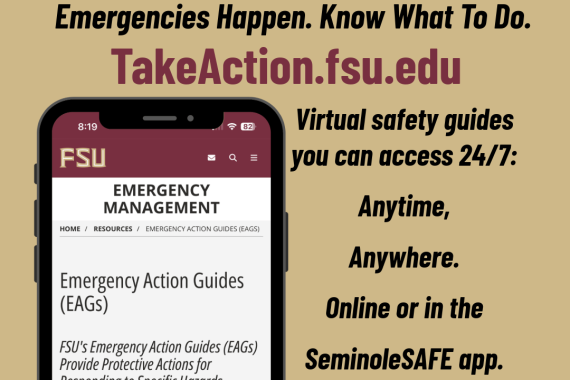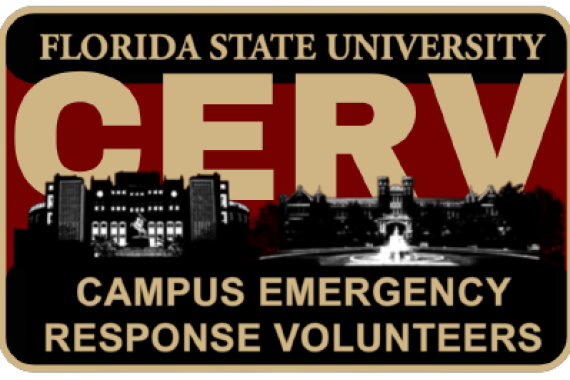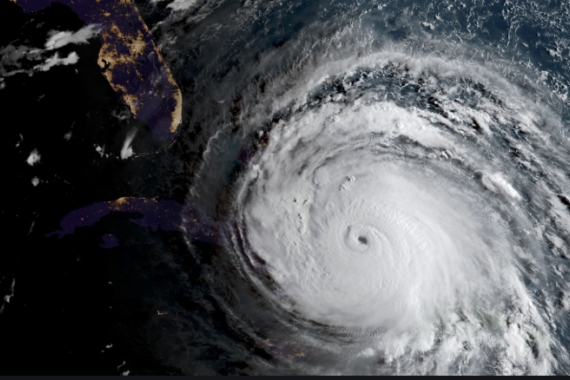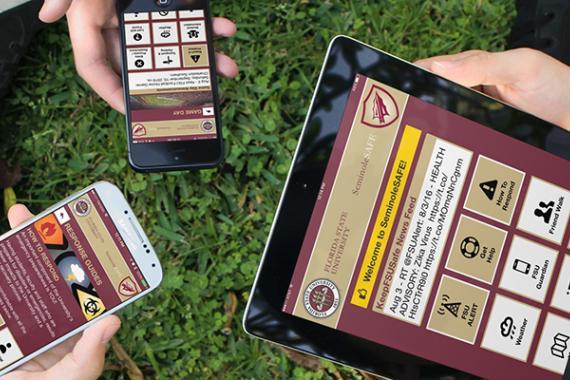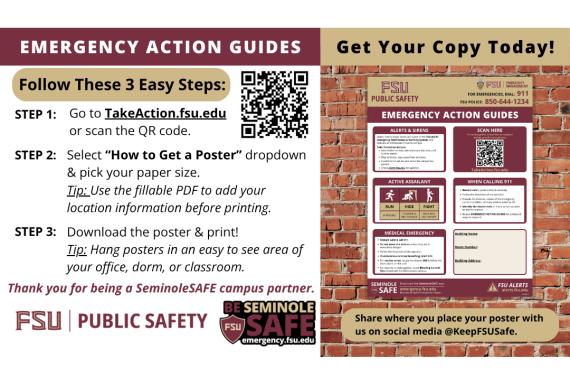What is Ebola Virus Disease?
Ebola Virus Disease (EVD) is a rare and deadly disease most commonly affecting people and nonhuman primates (monkeys, gorillas, and chimpanzees). It is caused by an infection with one of five known Ebola virus species, four of which can cause disease in people:
- Ebola virus (Zaire ebolavirus)
- Sudan virus (Sudan ebolavirus)
- Taï Forest virus (Taï Forest ebolavirus, formerly Côte d’Ivoire ebolavirus)
- Bundibugyo virus (Bundibugyo ebolavirus)
- Reston virus (Reston ebolavirus), known to cause disease in nonhuman primates and pigs, but not in people
Ebola virus was first discovered in 1976 near the Ebola River in what is now the Democratic Republic of Congo. Since then, the virus has been infecting people from time to time, leading to outbreaks in several African countries. Scientists do not know where Ebola virus comes from. However, based on the nature of similar viruses, they believe the virus is animal-borne, with bats being the most likely source. The bats carrying the virus can transmit it to other animals, like apes, monkeys, duikers and humans
How does Ebola Spread?
A person infected with Ebola is not contagious until symptoms begin to appear.
It is spread through:
- Contact with bodily fluids (blood, feces, saliva, sweat, urine, vomit, semen etc.) of an infected person or animal with symptoms of EVD
- Contact with contaminated objects (needles, syringes) of infected individuals or animals
- Contact with the skin or pelt of an infected animal or human, alive or dead
- Contact with uncleansed surfaces contaminated with bodily fluids from infected animals or humans
Ebola viruses enter the human body through broken or irritated skin or unprotected mucous membranes (eyes, nose, mouth, genitals, and GI tract) or by direct injection (e.g. needle stick). Ebola can spread between families, friends, and other close contacts. It can also spread quickly within healthcare settings (clinics and hospitals). Touching or laying the hands on a dead body during funerals of persons who died of EVD is a frequent cause of contamination.
Symptoms
Symptoms can appear 2 to 21 days after infection and in rare instances more than 21 days after infection , but more typically between 8 to 11 days.
Symptoms include:
- Fever
- Severe headache
- Muscle pain
- Nausea
- Vomiting
- Diarrhea
- Stomach pain
- Unexplained bleeding or bruising
Treatments
Currently, there are no specific treatments that have been proven to be effective against EVD. Instead, symptoms are treated as they appear. When basic interventions are used early, the chances of survival increase significantly.
These interventions include:
- Fluids and balancing electrolytes
- Drugs to address vomiting, diarrhea and pain
- Maintaining oxygen status and blood pressure
- Treatment of other infections as they occur
What if I traveled to a country where EVD outbreaks have occurred?
The State of Florida by Executive Order (14-280) states that the Florida Department of Health must actively monitor all asymptomatic travelers returning from CDC designated Ebola-affected areas as follows:
- Those with no known exposure to EVD the monitoring will include at least:
- In-person risk assessment ≤ 12 hours of traveler's arrival in FL
- Twice-daily 21-day health monitoring
- Persons with Known Exposure to EVD, Under FL DOH: 3 81. 00315(4 ), FL will “Quarantine all high-risk travelers from EVD-affected countries in West Africa identified by CDC as being located in Florida for a period of 21 days following last known EVD exposure.”
What if I’ve been exposed to EVD?
Call the FSU University Health Services if you are a student or if you are an employee, even if you have no symptoms. They will tell you what university-specific instructions you should follow.
Travel
FSU is currently following CDC guidelines regarding travel. The recommendations against non-essential travel, including education-related travel, are in place to help control the Ebola virus outbreak and prevent continued spread of the virus. It is impossible to predict exactly how long the outbreak will take to control. Travelers are strongly encouraged to stay up to date with travel recommendations.
For more information regarding travel recommendations, Click Here
Additional Resources
Center for Disease Control & Protection


